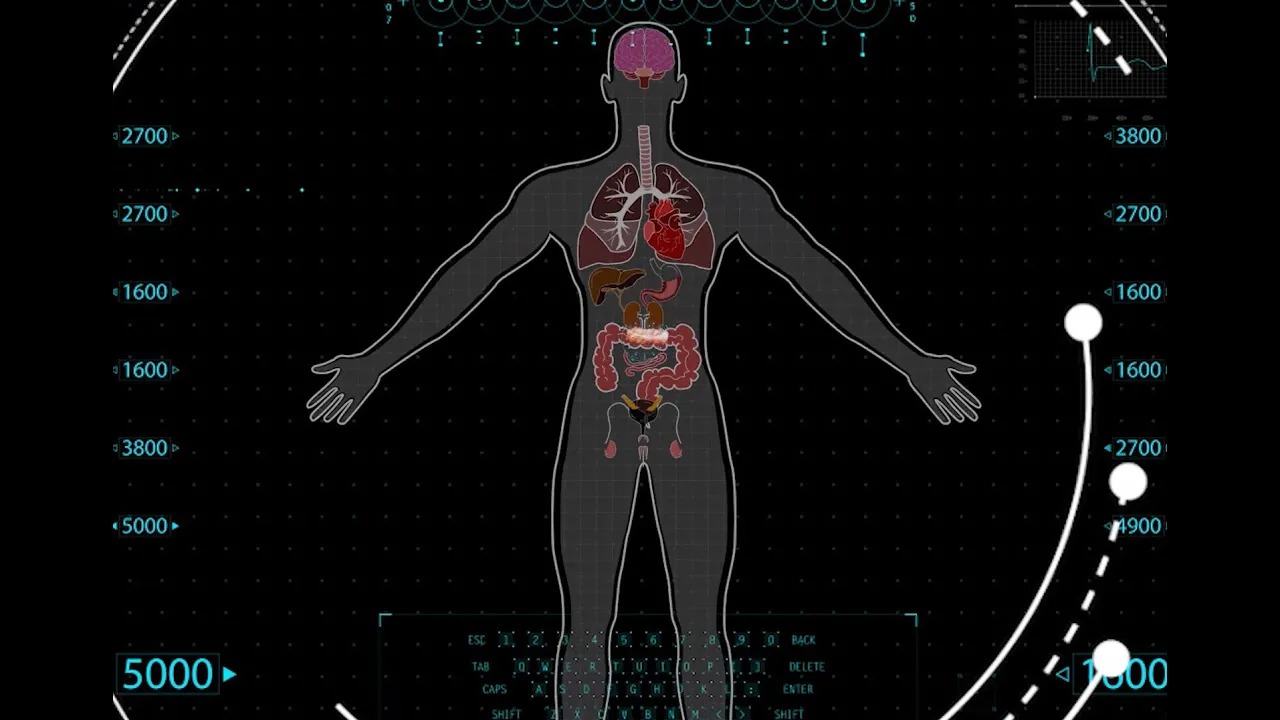The Future of Education: Virtual Reality Courses
Education has always been an evolving field, constantly adapting to new technologies and methodologies. With the rapid advancement of virtual reality (VR) technology in recent years, it is no surprise that VR is now making its way into classrooms and educational institutions around the world. Virtual reality courses have the potential to revolutionize the way we learn, offering immersive and interactive experiences that traditional education methods simply cannot match.

What is Virtual Reality?
Virtual reality is a technology that enables users to experience a simulated environment through a computer-generated 3D environment. By wearing a VR headset, users are transported to a virtual world where they can interact with objects and people as if they were physically present. The technology creates a sense of presence and immersion, making the experience feel incredibly real.
The Benefits of Virtual Reality Courses
Virtual reality courses offer a wide range of benefits that can enhance the learning experience for students. One of the main advantages is the ability to provide hands-on training and practical experience in a safe and controlled environment. For example, medical students can practice surgical procedures without the risk of harming real patients, and engineering students can simulate complex construction projects without the need for expensive materials.
Applications of Virtual Reality in Education
The applications of virtual reality in education are vast and diverse. One of the most obvious applications is in STEM (science, technology, engineering, and mathematics) subjects. VR can provide a more interactive and engaging way to learn complex scientific concepts and mathematical equations. Students can visualize abstract ideas and conduct virtual experiments, leading to a deeper understanding of the material.
The Challenges and Limitations of Virtual Reality Courses
While virtual reality courses offer many benefits, there are also challenges and limitations that need to be considered. One of the main challenges is the cost of implementing VR technology in educational institutions. VR headsets and other equipment can be expensive, and not all schools and universities have the resources to invest in this technology.
Conclusion
Virtual reality courses have the potential to transform education as we know it. By offering immersive and interactive learning experiences, VR can enhance student engagement, improve retention, and provide practical training that prepares students for real-world challenges. While there are challenges and limitations to overcome, the future of virtual reality in education looks bright.